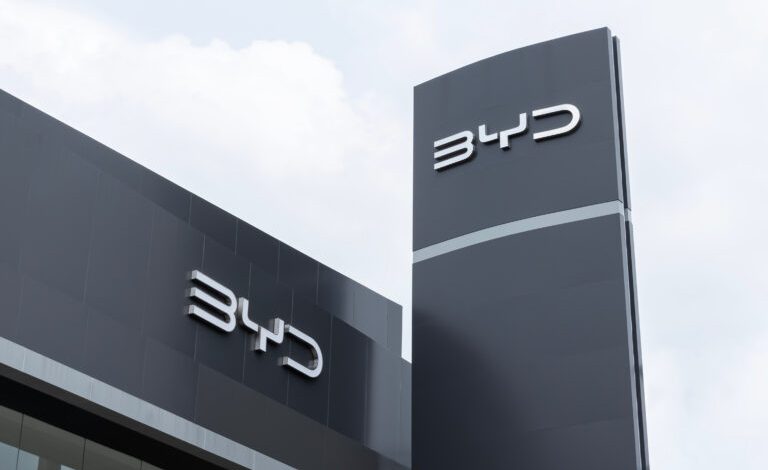
BYD Company’s ADR (BYDDY) has become a hot topic among investors, and for good reason. This Chinese automaker has surpassed $100 billion in revenue, maintained profit growth amid an intense price war, and is actively expanding into international markets. The company’s scale, vertical integration model, and global strategy have made it a key focus for growth-oriented investors.
BYD is a platform-based enterprise that covers the entire chain from “energy to wheels,” with a business scope extending far beyond automobile manufacturing. It produces pure electric and plug-in hybrid passenger and commercial vehicles, while also independently developing batteries (including Blade Lithium Iron Phosphate batteries), power management systems, electronic semiconductors, and energy storage equipment. Unlike traditional automakers that rely on outsourcing, BYD has achieved deep vertical integration by designing and manufacturing critical components in-house. This not only effectively controls costs but also ensures supply chain stability and autonomy.
From a financial perspective, the automotive business is BYD’s core driver. In 2024, the company’s total revenue reached approximately $106 billion, with a net profit of about $5.5 billion. About 80% of this revenue came from “automobiles and related products,” while the remainder was generated from other businesses such as mobile phone components and energy storage systems.
Investor enthusiasm for BYD stems from the company’s leading position in the electric vehicle sector and its global strategy. BYD leads sales in the Chinese market and is accelerating its overseas expansion. Beyond vehicle manufacturing, BYD also plays a significant role in battery technology and energy storage. Its batteries are not only used in-house but are also supplied to external partners, meaning the company can benefit from the overall growth of the electric vehicle industry. Additionally, BYD offers comprehensive new energy solutions spanning power generation, energy storage, and electricity consumption, while actively investing in autonomous driving R&D. The company already provides advanced driver-assistance features free of charge in several models in the Chinese market. These initiatives provide multiple growth drivers for the company.
However, investing in BYD also comes with certain risks. Competition in China’s electric vehicle market is intensifying, with new entrants like Xiaomi disrupting the landscape through price cuts and new models, challenging BYD’s leading position. Geopolitical tensions between China and the U.S. could create uncertainties for overseas expansion and potentially affect collaboration in key technology areas such as semiconductors and software, thereby delaying progress in autonomous driving. Furthermore, building BYD’s global brand image will take time and remains to be proven. It is also important to note that, as a Chinese company, investing in its stock carries inherent international market risks.






